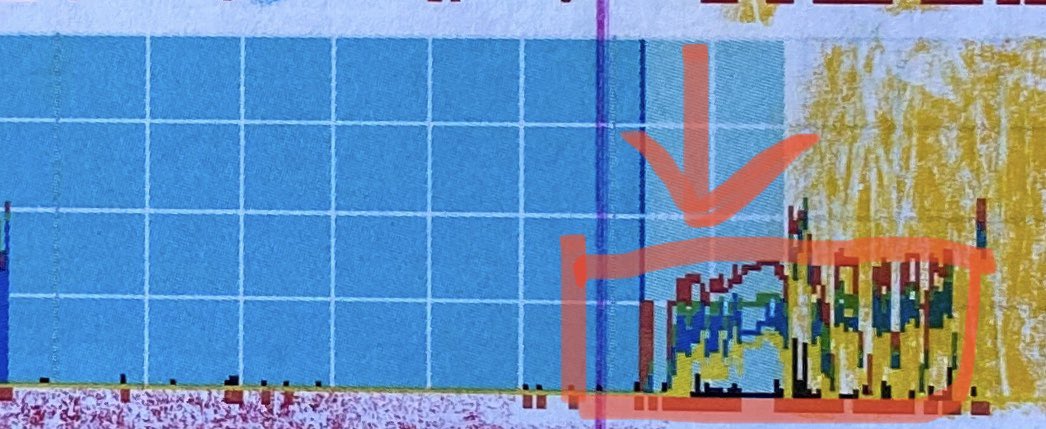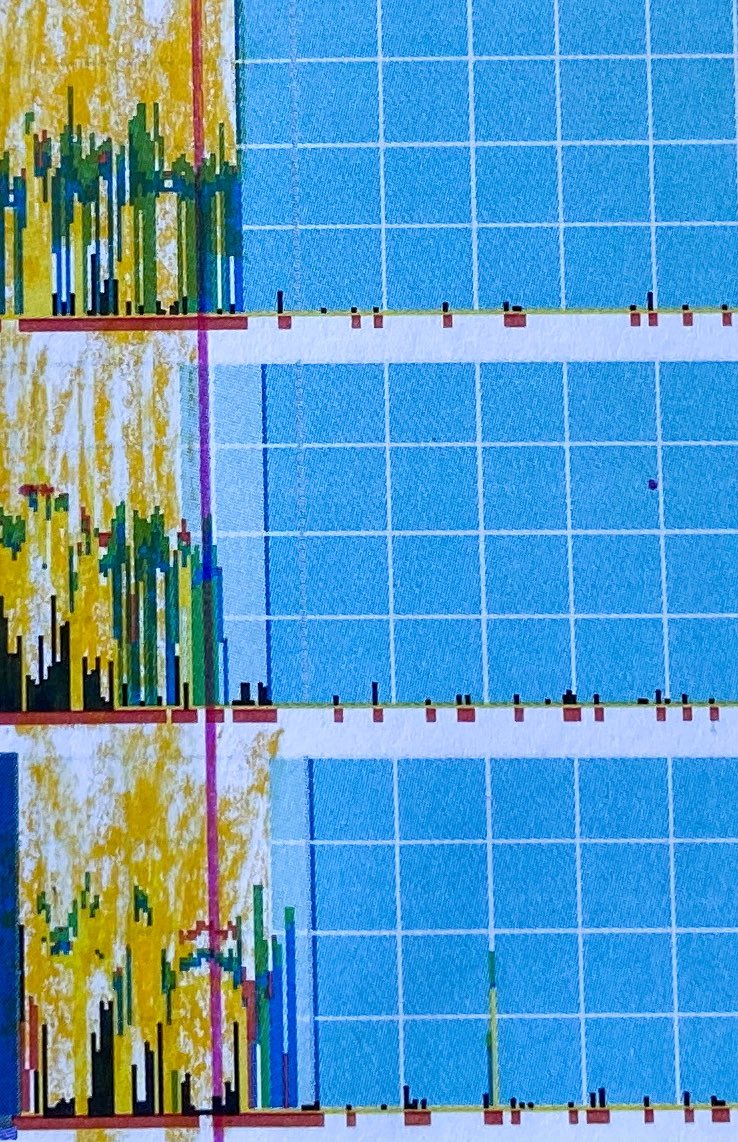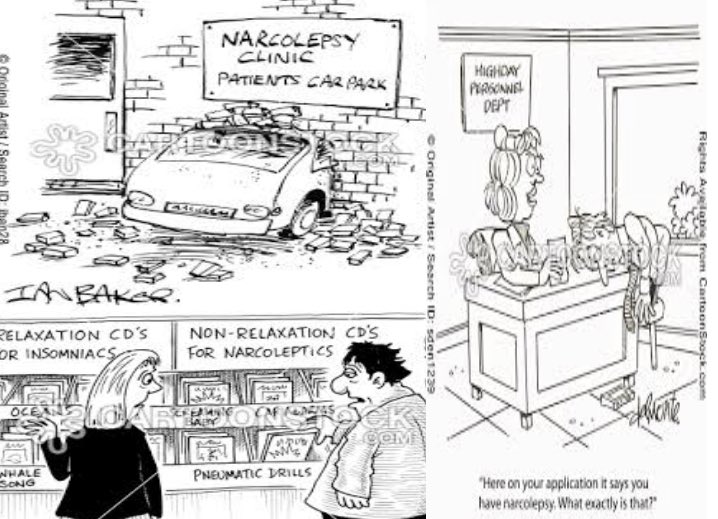twitter.com/i/events/10548…
Despite that though, one of my secret super powers is that I’m actually pretty good at adapting my sleep for night shifts (also means I don’t really get jet lag!)
ep.bmj.com/content/102/3/…
@LilDrSunshine
twitter.com/i/events/11018…





























